Staff
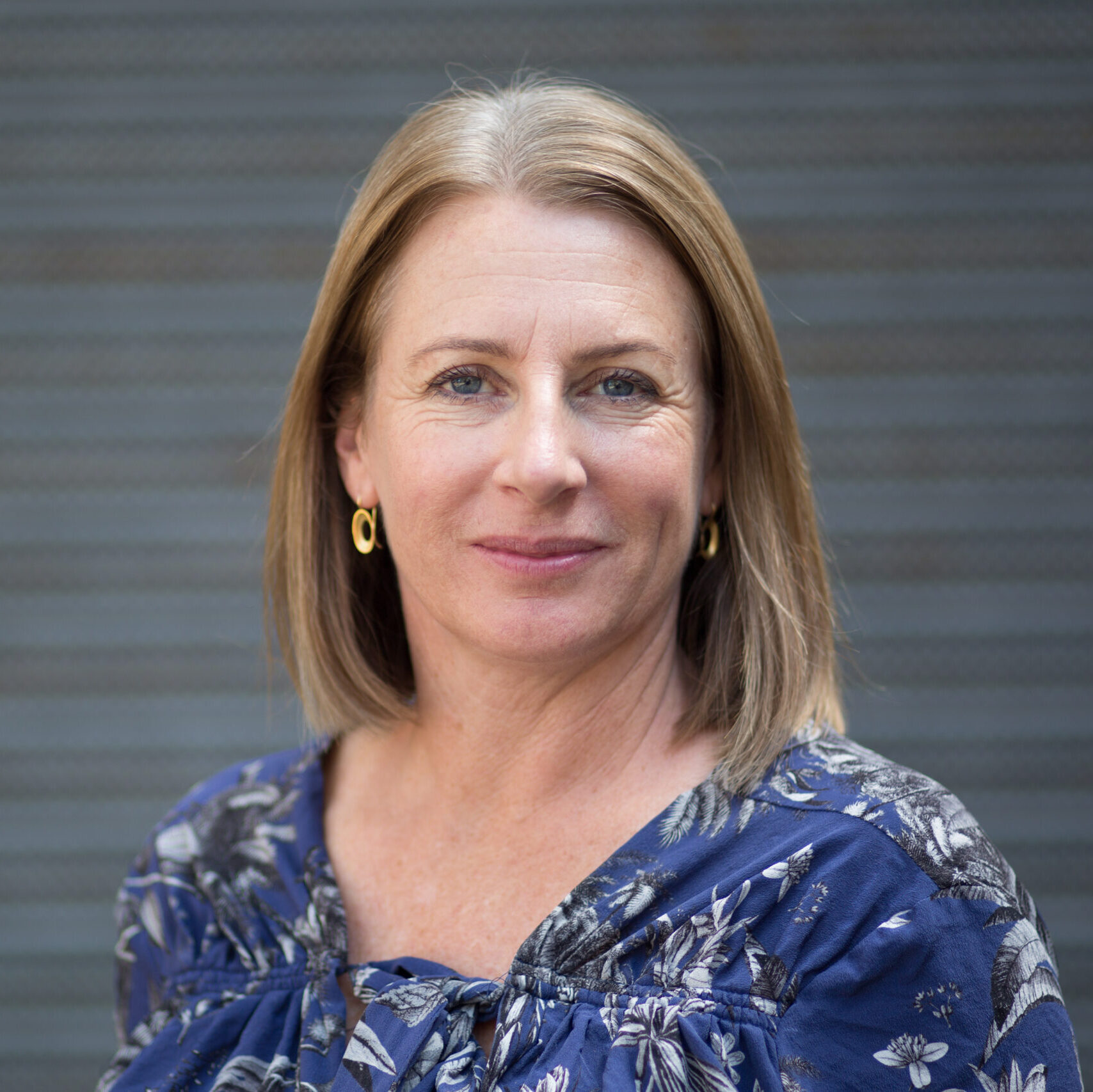
Professor Rosalind Smith
Rosalind Smith is Chair of the Discipline of English and Director of the Centre for Early Modern Studies at the Australian National University, and is co-convenor of the Early Modern Women Research Network (EMWRN). She works on gender, form, politics, and history in early modern women’s writing, with particular interests in the ways in which women’s writing is produced, circulated, and received. She is the author of Sonnets and the English Woman Writer, 1560-1621: The Politics of Absence (2005), co-editor of the collections Material Cultures of Early Modern Women’s Writing (2014) and Early Modern Women and Complaint: Gender, Form, Politics (2020), and general editor with Patricia Pender of the Palgrave Encyclopedia of Early Modern Women’s Writing (forthcoming). As an Australian Research Council Future Fellow, her current research project is on early modern women’s marginalia, partnering with the University of Oxford and the Folger Shakespeare Library. She has led two ARC Discovery Projects on the Material Cultures of Early Modern Women’s Writing and Early Modern Women and the Poetry of Complaint, both involving large international teams and a mix of digital and traditional publication outcomes. She is currently the lead investigator of an ARC Linkage Project collaborating with State Library Victoria on the Emmerson Collection, Australia’s first early modern archive of scale, that seeks to understand and contextualise this bequest of over 5000 early modern books as well as provide digital pathways for scholarly and public engagement with the collection.

Dr Gemma Betros
Gemma Betros completed a Bachelor of Arts in French and History (Hons) at the University of Queensland and an M.Phil and PhD in History at University of Cambridge (Peterhouse). She has held academic posts at the University of Leeds, the Harvard Divinity School, and ANU, where she was awarded the 2016 Vice-Chancellor’s Award for Excellence in Education. Recent awards include a Mother Theodore Guerin Research Travel Grant from the Cushwa Center (University of Notre Dame, USA) and a mentorship from the Australian Society of Authors. Gemma’s research explores the long early modern period and into the nineteenth century in France, with a focus on religion and society, politics, gender, and sexuality across a number of textual forms, including diaries, letter-writing, theatre, and translation. In 2021, Gemma’s review of Scandal in the Parish: Priests and Parishioners Behaving Badly in Eighteenth-Century France, by Karen E. Carter, was published in Eighteenth-Century Studies, 54, no. 2 (2021), 492-94.
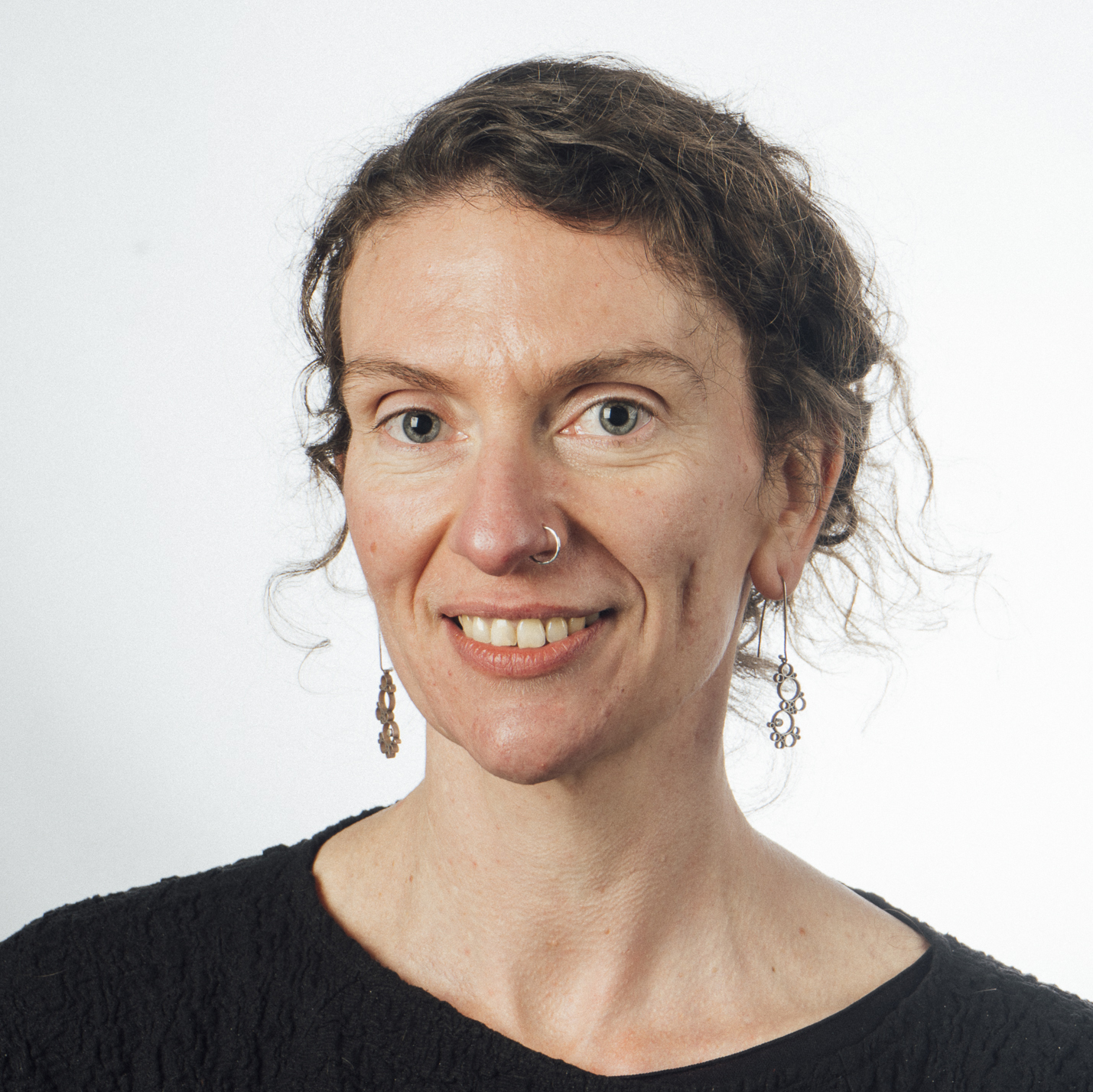
Dr Christina Clarke
Christina Clarke is an historian of metallurgy and metal material culture with a background in metalsmithing practice, Classsical studies and art history. In her current research she is investigating the network of artisans who produced Louis XIV’s famous silver furniture (melted down in 1669) and the chaîne opératoire of their production through archival documentation, graphic representations of the pieces, and related material culture. In 2018, Christina received an Endeavour Research Fellowship to undertake research for this project at the Voltaire Foundation at the University of Oxford. She is also an editor of a new digital critical edition of Jean-Benjamin de Laborde’s 1773 illustrated songbook Choix de chansons. Her first monograph, The Manufacture of Minoan Metal Vessels: Theory and Practice, was published in 2013 by Astrom Editions.
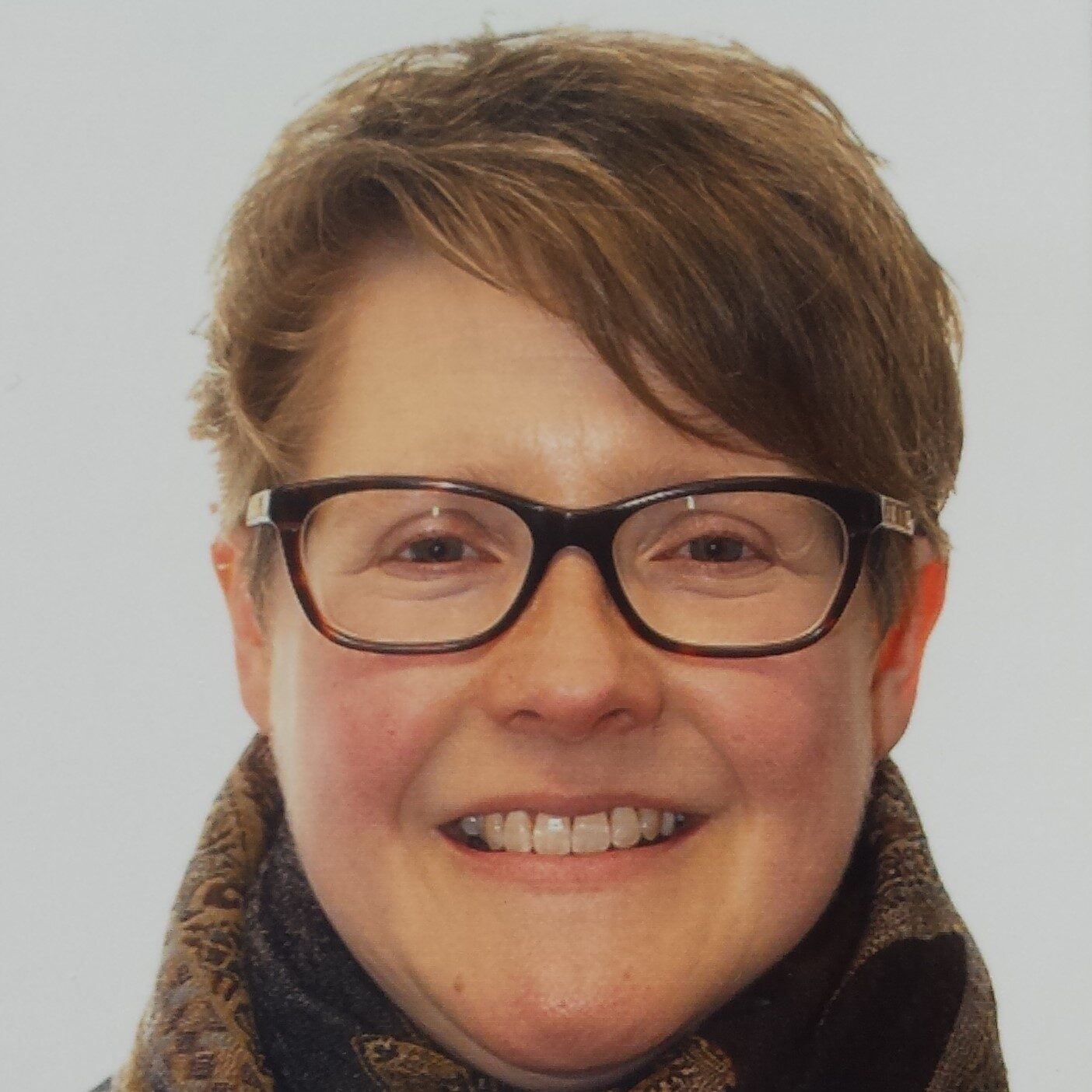
Dr Tania M. Colwell
Tania M. Colwell is a Lecturer in History at ANU where she specialises in the cultural history of late medieval and early modern Europe. Tania’s research explores the ways in which cultural production, especially French manuscript and early book culture, contributed to the formation of identities and alterities throughout this period. In particular, she’s interested in how representations of the materiality and interiority of both lived and imagined experiences open up broader social, political, and philosophical questions within and across communities, time, and place. Her research draws on a range of interdisciplinary approaches from the fields of book and art history, the history of emotions, as well as gender, literary, and reception studies. She explores various issues and themes including friendship, conduct and governance, crusading, intercultural encounters, the marvellous and monstrous, and patronage. Tania’s research has received funding from national and international organisations, including the British Academy, the Australian Academy of the Humanities, the ARC Centre of Excellence for the History of Emotions, and the Society for the Study of Medieval Languages and Literature (UK). In addition to publishing articles and chapters in a range of international journals and collections, including the Journal of Medieval History, The Library, and the Journal of the Early Book Society, her recent publications include Women and Work in Premodern Europe: Experiences, Relationships and Cultural Representation, a collection of essays co-edited with Merridee L. Bailey and Julie Hotchin (2018), and an article on intercultural princely friendship in Emotions: History, Culture, Society (2020). As well as lecturing at ANU, Tania has also worked in academic publishing and in public history with l’Historiale de la Vendée, the Department of the Senate, the National Museum of Australia, and the National Trust (UK).

Dr Alexander Cook
Alexander Cook is a cultural and intellectual historian whose research focuses largely on France, Britain, and their empires in the eighteenth and early nineteenth centuries. A Lecturer in the School of History at ANU, he is particularly interested in the social history of ideas. Much of his research studies the intersection between scientific, religious, and political thought during the Enlightenment and the Age of Revolution. He has published on issues such as the uses of history, anthropology, and travel literature in Revolutionary political thought, and the broader intersection between geopolitics and political philosophy. His most recent publication is “Practices of Reenactment,” in The Routledge Handbook of Reenactment Studies: Key Terms in the Field, edited by Vanessa Agnew, Jonathan Lamb, and Juliane Tomann (2020). He has also published on the history of pleasure, on sensibility, and on contemporary uses of history in the public realm – including in modern media. He is a former co-editor of History Australia, the journal of the Australian Historical Association, and a past President of the George Rude Society, the Australian Association for French Historical Studies.
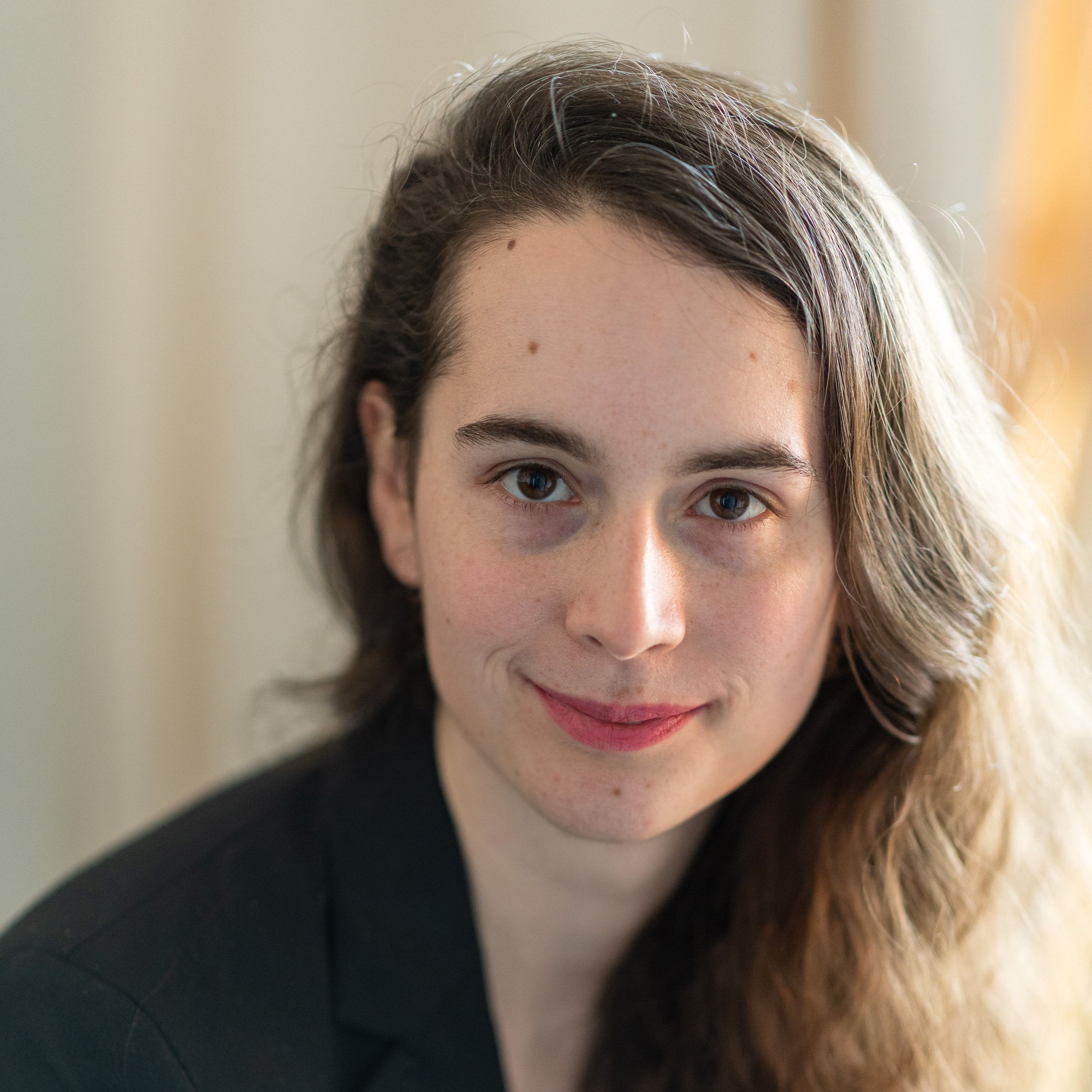
Dr Amelia Dale
Dr Amelia Dale is a Lecturer in English at the Australian National University. She has held positions at Nanjing University, SUIBE and the University of Sydney, where she received her PhD in eighteenth-century literature. Dr Dale’s monograph, The Printed Reader: Gender, Quixotism, and Textual Bodies in Eighteenth-Century Britain (Bucknell UP), examines British adaptations of Miguel de Cervantes’ Don Quixote to argue that literature was envisaged as imprinting the reader’s mind, character, and body in gendered ways. She has published widely on eighteenth-century and Romantic literature and culture, with particular interests in book history, gender and genre, and histories of the body. Some recent publications are “The Quixotic Eighteenth Century” in Literature Compass; “Sanditon without a summer” forthcoming with Romanticism and “Contemporary Art and the Eighteenth-Century Novel” forthcoming in the Edinburgh Companion to the Eighteenth-Century British Novel and the Arts. Dr Dale is currently working with Dr Nicola Parsons (University of Sydney) on Harris’s List of Covent-Garden Ladies (1760-94), a long-running catalogue of women working in the London sex trade. Co-authored publications from this project include “Harris’s List of Covent-Garden Ladies (1760-1794): New Copies and New Evidence Regarding its History” in The Library and Pornographic Celebrity and the Characters of Harris’s List” forthcoming with Eighteenth Century: Theory and Interpretation. Dr Dale is editor of The Shandean and interviews editor for the poetry journal Rabbit. Her work has been supported by the Australian Academy of the Humanities, the ARC Centre for Excellence for the History of Emotions, Yale University Lewis Walpole Library and Chawton House.

Dr Mark S. Dawson
Mark Dawson is an Honorary Senior Lecturer in History at the ANU. He was born in Christchurch (Aotearoa/New Zealand) toward the end of last century. Completing undergraduate and postgraduate degrees at the University of Auckland, he was awarded a Prince of Wales Cambridge Commonwealth Trust Scholarship for doctoral study in the UK. He was a student at Cambridge’s youngest college, Wolfson, and spent three hectic years dividing his time between the History and English faculties working on the dramatic representation of elite social status – gentility – in seventeenth-century Britain. He was awarded the History Faculty’s Members’ prize for work on that famous early modern Cantabrigian, Samuel Pepys. By the time he joined ANU, the early modern Atlantic world had joined Tudor–Stuart Britain in Mark’s teaching portfolio. More recently, Mark has taught courses on the history of racism over the “longue durée.” He was awarded the inaugural RSSS-HRC monograph writing fellowship in 2017, which resulted in Bodies Complexioned: Human Variation and Racism in Early Modern English Culture, c. 1600–1750 (Manchester University Press, 2019).

Dr Chris Diamond
Chris is a Lecturer in Hindi in the School of Culture, History, and Language (CHL) in the College of Asia & the Pacific (CAP) at the ANU, where he primarily teaches Hindi. He is Deputy-Director of ANU’s South Asia Research Institute (SARI) and Co-Director of ANUBhasha. Chris’ primary research interests lie in the premodern literary, devotional, and performance cultures of North India, Nepal, and Bengal. His current monograph and translation projects focus on the vernacular lyrical poetry of the 15th century polymath-poet Vidyapati. Chris is looking at the construction of a new vernacular literary cosmopolis that emerged through an interplay of caste, masculinity, music, and memory across several small royal courts in North India and Nepal from the 15th to 19th centuries CE. In this multilingual context, Chris works across several languages, including Hindi-Urdu, Bengali, Sanskrit, Maithili, Braj Bhasha, Avadhi, Apabhramsha, and Persian. His recent publications include ‘The Strange Afterlife of Vidyāpati Thākura (ca. 1350–1450 CE): Anthological Manuscripts, Linguistic Confusion, and Religious Appropriation’. Manuscript Studies 4 (1). (2020) and with Trent Brown ‘6 Unis Had Hindi Programs. Soon There Could Be Only 1, and That’s Not in Australia’s Best Interests’. The Conversation. (n.d.)

Dr Theodore Ell
Theodore Ell is an Honorary Lecturer in literature and modern languages at the Australian National University. His research on 20th century anti-fascist author Piero Bigongiari, commentaries on the pioneering 18th century scientist Giovanni Arduino and translations of contemporary poets have been published extensively in Australia, Italy and the UK. He has given guest lectures at the Universities of Cambridge and Florence. In recent years Theodore’s work has focused on the reception of and responses to Dante Alighieri in modern literature, including in Australia. Dante is also a key figure in Theodore’s new project, to trace the development of the Sonnet in Italy, paying close attention to the form’s status as an artefact and a symbol of evolving ideas of the self. Theodore’s work combines historical research with textual interpretation and translation. The project will result in a bilingual anthology of key Sonnets ranging from 13th century prototypes to the Sonnets exchanged between poets in dialogue, as spiritual or intellectual ‘currency,’ in the High Renaissance. Theodore’s own poetry and essays have been published in several countries. His essay ‘Façades of Lebanon,’ about the Beirut explosion of 2020, which he narrowly survived, won the 2021 Calibre Essay Prize. His first poetry collection, Beginning in Sight, will be published in July 2022 by Recent Work Press.
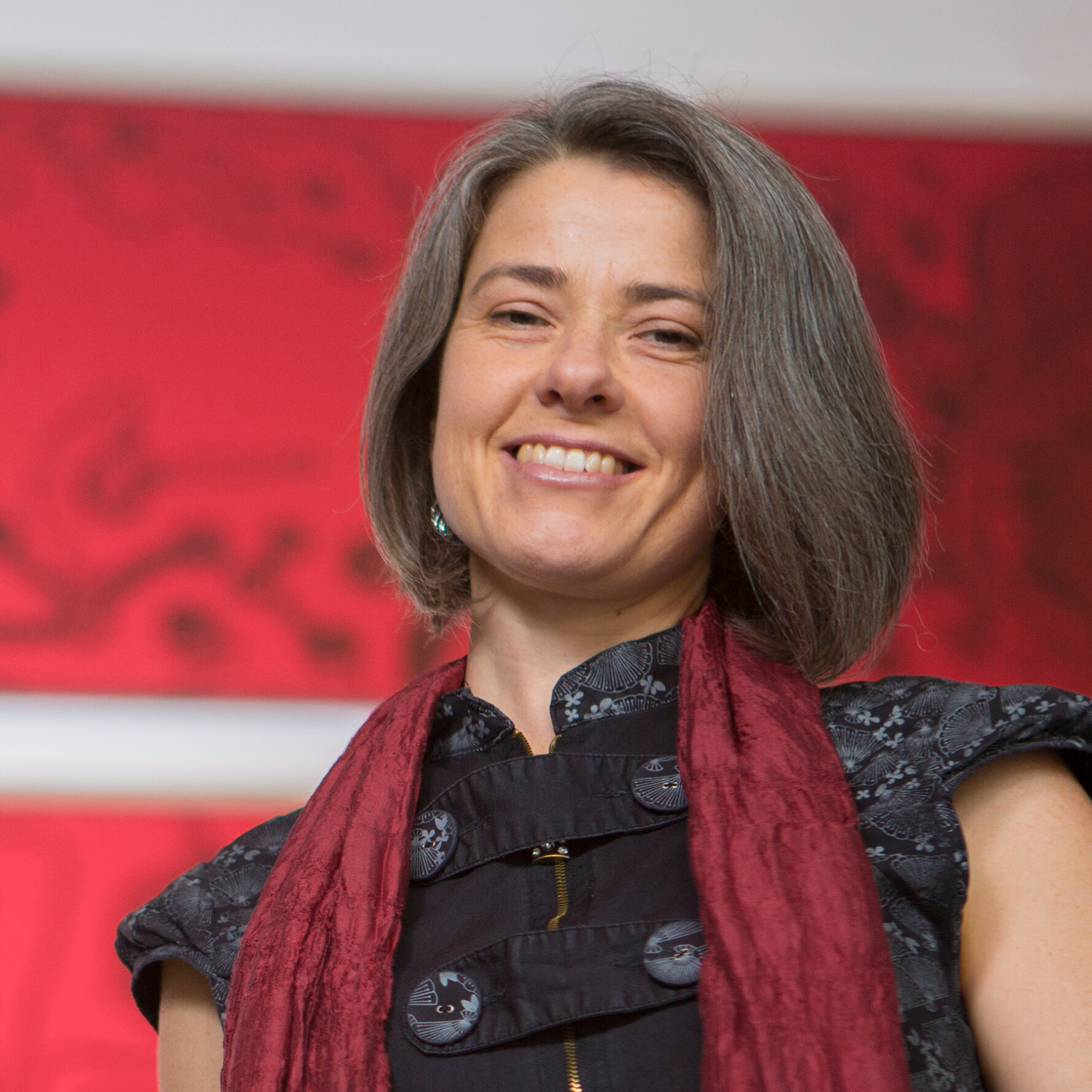
Dr Kate Flaherty
Kate Flaherty is a Senior Lecturer in English and Drama in the School of Literature, Languages, and Linguistics at ANU. Kate’s research focuses on how Shakespeare’s works play on the stage of public culture. Her monograph Ours as We Play it: Australia Plays Shakespeare (UWAP, 2011) examined three plays in performance in contemporary Australia. More recent scholarship investigates Shakespeare performance in the 19th century and its public interplay with education, gender politics, imperialism, and sectarian friction. Among the venues that have published her work are Contemporary Theatre Review, Australian Studies, Shakespeare Survey, and New Theatre Quarterly. She has also contributed to collections published by CUP, Routledge, Palgrave, and Arden Shakespeare. Her current monograph project is Moving Women: Touring Actresses and the Politics of Modernity. Kate is a Senior Fellow of the Higher Education Academy and 2019 winner of the ANU Vice’s Chancellor’s Award for Excellence in Education.
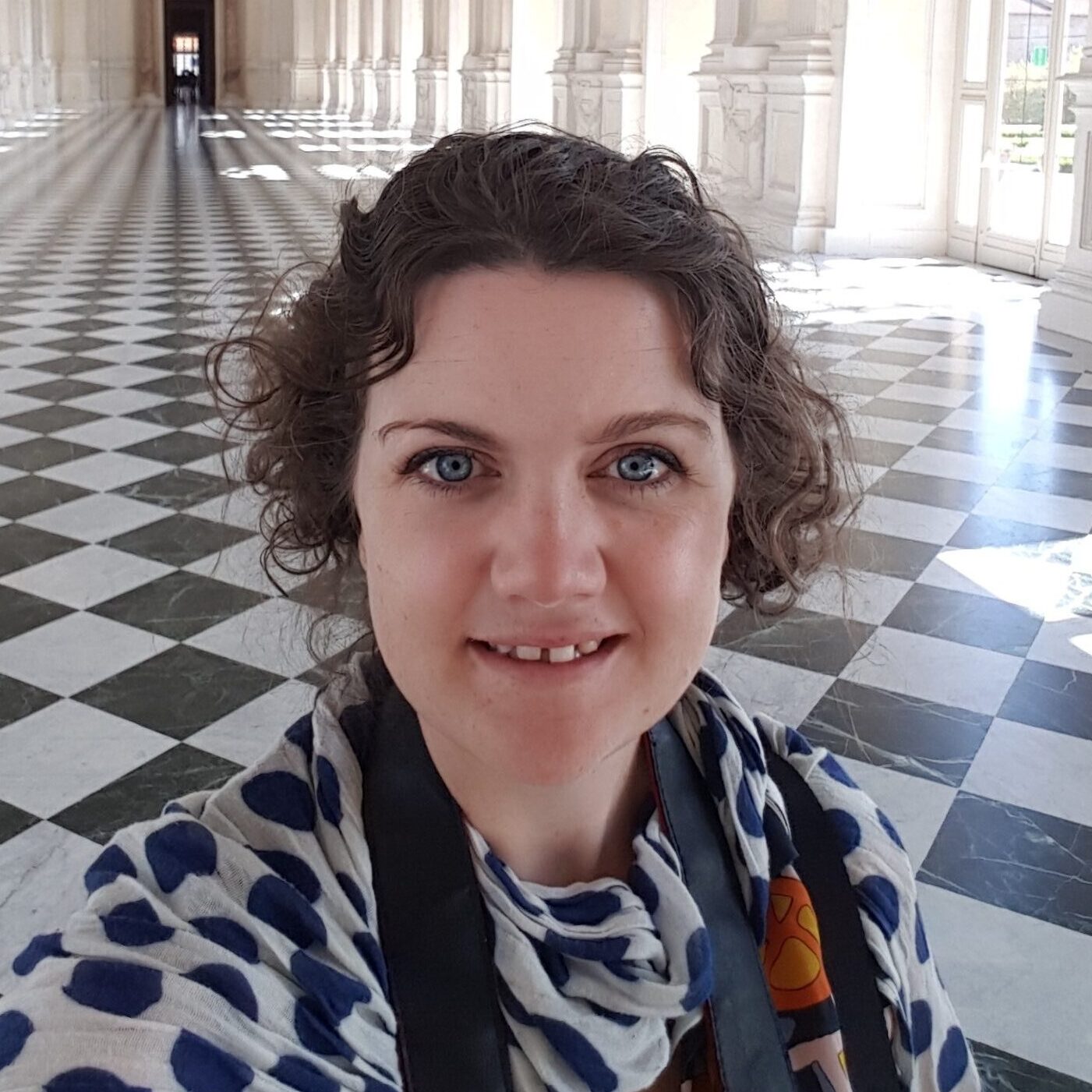
Dr Katrina Grant
Katrina Grant is an art historian with a background in the study of early modern Italy. Her research focuses on gardens and the history of landscapes, as well as the visual culture of theatre and festivals, and the connections between these two areas. Current research projects include “Digital Cartographies of the Roman Campagna,” with the British School at Rome. The project brings together historical maps with modern mapping technologies to recreate the lost landscape of the early modern Roman Campagna, and draws together data and research from a variety of disciplines, including art and architectural history, social history, cultural geography, and the history of climate and ecological change. Katrina has published on the gardens as a site for performance, history of emotions and set design, artistic relationships between Britain and Italy in the eighteenth century, the garden as a site for commemoration, and the use of landscape as a political stage for performances of courtly power. She is based within the ANU’s Centre for Digital Humanities Research and in this position she also looks at the role of digital technology in GLAM institutions, including an ongoing project with the NMA examining how small scale digital projects can be used to engage students with Australian history.
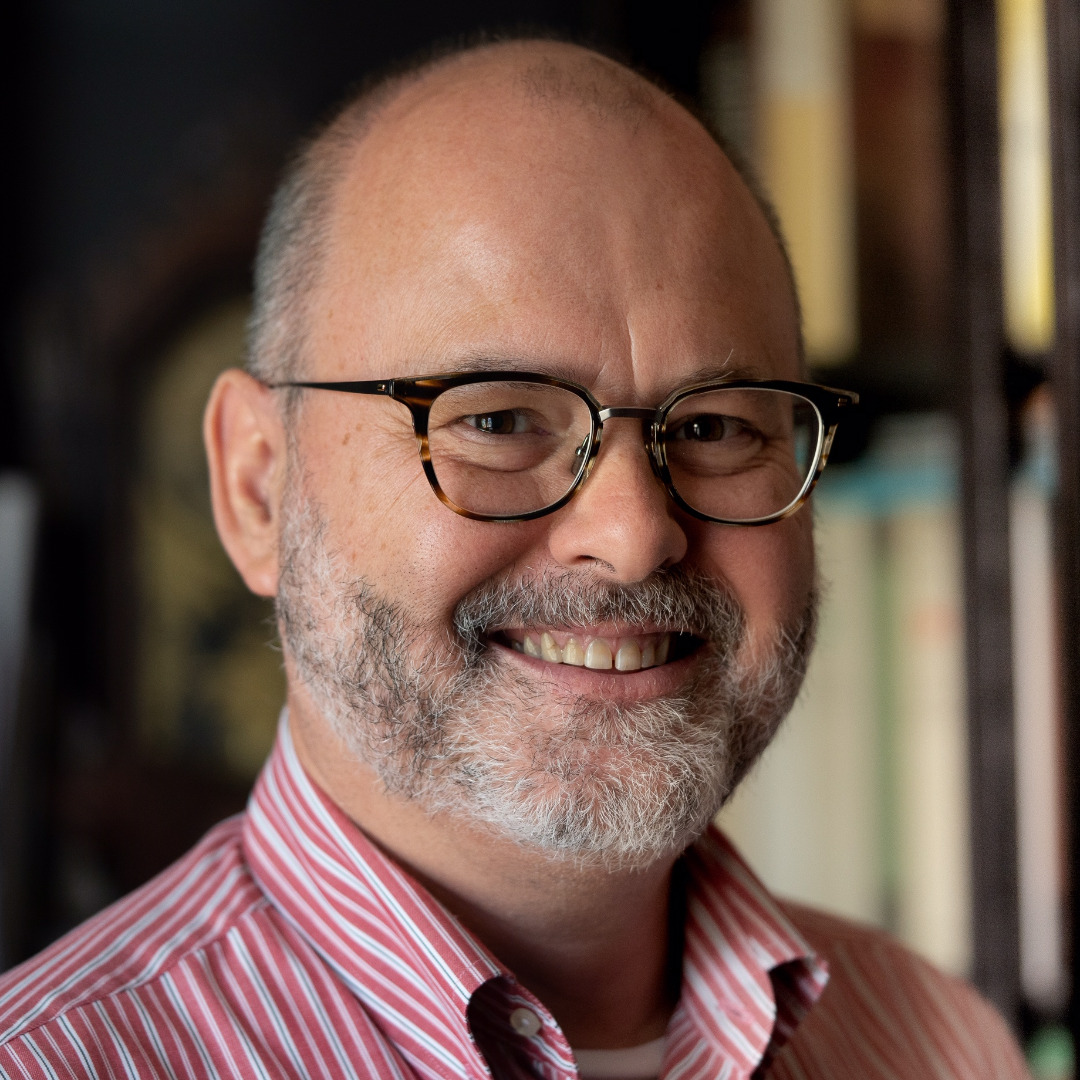
Professor Royston Gustavson
Royston Gustavson is Dean, Academic Quality, ANU, and Professor, ANU Centre for Social Research and Methods. A passionate educator, in 2009 he received the ANU Vice-Chancellor’s Award for Teaching Excellence, from 2010-2011 was Associate Dean (Education) of the ANU College of Business and Economics, and from 2010-2012 served on ANU’s 15-person governing body, the ANU Council. From 2012 to 2019 he was Associate Dean (Education) in the ANU College of Arts and Social Sciences, with academic oversight of the College’s degree programs and courses, concurrently serving from 2017 to 2019 as Deputy Dean of the College. From January 2019 to April 2021 he was Interim Pro-Vice Chancellor (Education) and in April 2021 he was appointed the University’s inaugural Dean (Academic Quality). In addition to his extensive publications in the fields of corporate governance and business ethics, he continues to research and publish on early modern music printing and book history, most recently on ‘The Early Music Collection of the Bibliotheca aulica Salisburgensis: An Initial Investigation’, in the Journal of the Alamire Foundation, 12, no. 1 (2020), 11-49. His current research projects are (i) book-length studies on the publications of the sixteenth-century printers Hieronymus Formschneider, Christian Egenolff and Montanus & Neuber/Gerlach/Kauffmann and the reception of their books; and (ii) a study of sixteenth-century publishers’ and library catalogues and what they tell us about the music book trade and about lost music books.
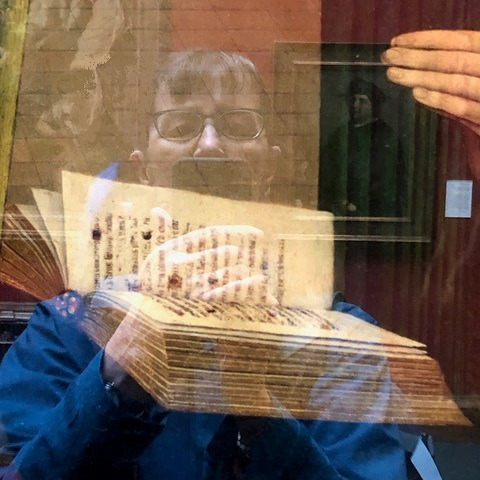
Dr Janet Hadley Williams
Janet Hadley Williams is Honorary Lecturer in English at ANU; Member of Council, The Scottish Text Society; Honorary Fellow of the Association for Scottish Literary Studies; member of The Scottish Medievalists; and Fellow, Society of Antiquaries of Scotland. She was assistant to William A. Ringler, Bibliography and Index of English Verse, 1476–1558 (1988); and bibliographer for “The Early Imprint Project: A Catalogue of Books Printed before 1801 in Australian Libraries and Public Collections” (NLA, 1986–88). She was Visiting Fellow at the Centre for the History of the Book, University of Edinburgh (1999); and President of the Sir David Lyndsay Society (2007–17). Her articles have appeared in Parergon, Journal of the Edinburgh Bibliographical Society, Studies in Scottish Literature, Script and Print, and elsewhere. She was a contributor to the National Library of Scotland’s “Chepman and Myllar Prints: Digitised Facsimiles,” gen. ed. S. Mapstone (2008). Her books include Stewart Style 1513–1542: Essays on the Court of James V, ed. (1996); Sir David Lyndsay: Selected Poems, ed. (2000); A Companion to Medieval Scottish Poetry, ed. with Priscilla Bawcutt (2006); ‘Fresche Fontanis’: Studies in the Culture of Medieval and Early Modern Scotland, ed. with J. Derrick McClure (2013); ‘Duncane Laideus Testament’ and Other Comic Poems in Older Scots, ed. (2016). Janet’s ongoing publications are listed in the Grants and Publications section.

Dr Claire Hansen
Claire Hansen is a Lecturer in English at the Australian National University. Her research focuses on interdisciplinary approaches to Shakespeare studies, with a particular interest in how the study and performance of Shakespeare interconnects with our knowledge of the environment, health and wellbeing. Her research interests include early modern drama and literature, complexity theory, ecocriticism, pedagogy, the blue humanities and the health humanities. Her first book, Shakespeare and Complexity Theory, was published by Routledge in 2017. Claire’s current research project explores place-based approaches to Shakespeare. Her next book, Shakespeare and Place-Based Learning is forthcoming with Cambridge University Press. She is also co-editing a book collection entitled Reimagining Shakespeare Education for Cambridge University Press. Claire is a researcher on the Shakespeare Reloaded project and collaborates on the development of innovative, open-access digital educational resources to support the teaching of Shakespeare. Claire is also co-chair of the Blue Humanities Lab, a multidisciplinary research initiative centred on the ‘blue’ spaces of our world. She has several works forthcoming on Shakespeare and the blue humanities. Her other research project explores Shakespeare and the health humanities. She has published her work in the Medical Humanities journal and is collaborating on a health humanities project called ‘The Heart of the Matter’, which examines representations of the heart in literature and medicine.

Julie Hotchin
Julie Hotchin is currently an Honorary Lecturer in the School of History. She is an historian of Western Europe in the Middle Ages, with a particular focus on gender and religious life in Germany from the twelfth to fifteenth centuries. Her work explores women’s participation and cultural production in monastic reform movements, addressing questions of communal identities, gender, and authority, especially as they relate to interactions of religious women and men. She has interdisciplinary interests in the history of the book, especially women’s roles in manuscript production, use and exchange, the nature of religious materiality, and the role of emotions in religious experience.
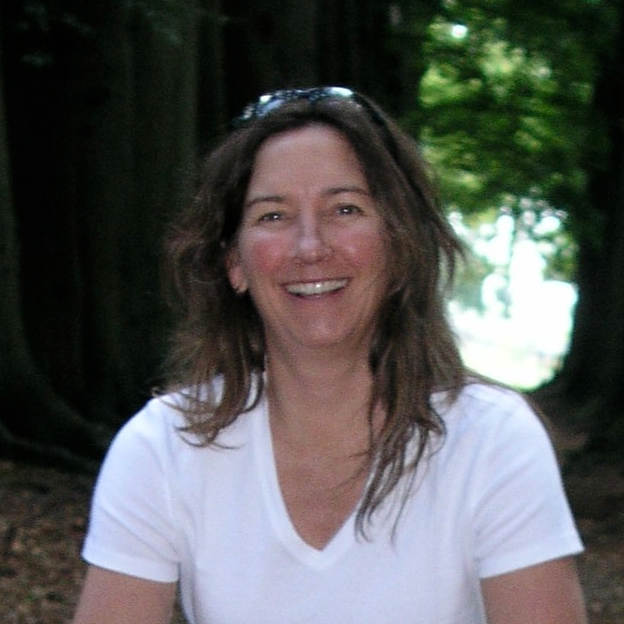
Dr Jennifer Hendriks
Jennifer Hendriks is a lecturer in the School of Literature, Languages, and Linguistics at ANU. In 2009 she was awarded both the CASS Award for Teaching Excellence and the ANU Vice’s Chancellor’s Award for Excellence in Education. She holds a Bachelor of Arts (Hons) from the University of California Davis with majors in International Relations and German. While on exchange at Georg August University of Göttingen, she developed an interest in early modern history and the German language, and subsequently went on to complete a Master of Applied Linguistics, a Master of German Philology, and a PhD in Germanic linguistics at the University of Wisconsin-Madison. As a doctoral candidate, she received a Fulbright Scholarship and was affiliated with the University of Utrecht while conducting archival research for her PhD thesis on immigration and language change in 16th/17th century Dutch. Jennifer’s interdisciplinary approach to historical linguistic research integrates social, demographic, and economic history with theoretical insights from modern sociology, sociolinguistics, and contact linguistics to examine the effects of migration on the linguistic repertoires and language use of individuals from the early modern Low Countries. The linguistic effects of massive migration on the emerging urban Dutch vernaculars are virtually undocumented and remain poorly understood. Her current monograph project aims to further our understanding of language and society during this turbulent and unstable period in Dutch history, thereby contributing to the larger goals of creating more inclusive linguistic histories and refining models used to examine past contexts of contact-induced change involving speakers of closely related language varieties.

Associate Professor Ian Higgins
Ian Higgins is a Reader in English at ANU where he teaches courses on British and Irish Literature of the seventeenth, eighteenth, nineteenth, and twentieth centuries. He is a scholar of Jonathan Swift and of the Jacobite era (1688-1759). His principal research interests include the life and works of Jonathan Swift (1667-1745), the career and writings of the religious polemicist and Jacobite pamphleteer Charles Leslie (1650-1722), and pamphlets, pamphleteering, and confessional politics in the early modern period and the eighteenth century. He is a foundational general editor of The Cambridge Edition of the Works of Jonathan Swift (2008- in progress).
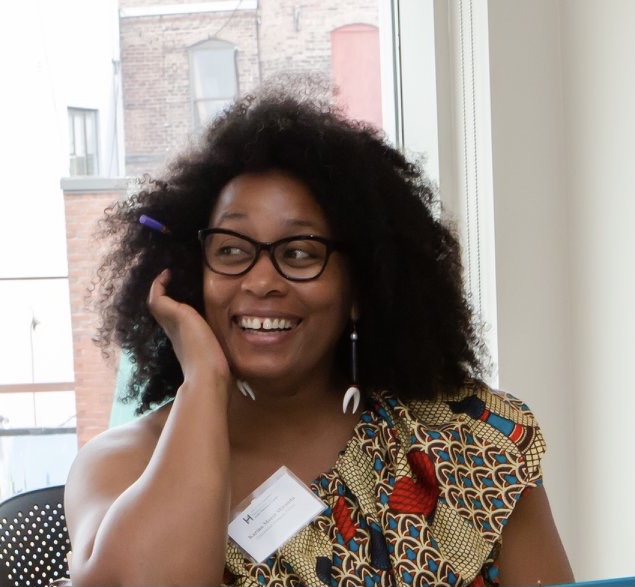
Dr karo moret-miranda
karo moret-miranda is an Afro-Cuban historian, early research academic and lecturer in History at ANU, specialising in African Studies and African Diaspora Studies, focusing on race, religion, and gender issues. She is also interested in the influence and borrowings of African and Afro-Caribbean culture on Western thought and culture, and vice versa. karo now works on the change generated by the slave trade and slavery in accommodation of Gender and Religions in the Caribbean and Africa from an interdisciplinary perspective. The research that she carries out within medieval studies is focused on the performativity of the body, with special attention to the diversity of bodies, ethnicities, deformities, and monsters. She is interested in establishing conversations between text and image about the body, detecting the synesthesia between how the body is represented and how it is narrated/called/described. karo’s doctoral research received funding from the Agency for Management of University and Research Grants (AGAUR Barcelona, 2016-2019). She is the author of “Alter-i-dad(es)” in Humanidades en acción, a project directed by Marina Garcés (2019) and editor of Negra y Cubana tenías que ser (2021) and ¿Es fácil ser hombre y difícil ser negro? (2020), Wanafrica Ediciones. In addition to publishing articles and academic chapters and working on her thesis book, she continues to collaborate with European institutions and museums. karo currently holds two research grants, one from the Gender Institute, ANU, for the project in-gr2ace: intersecting gender, race, religion, (dis)ability, colourism and emotions in Hildegard von Bingan’s Scivias, and from the Jean Monnet EU–Australia Centre of Excellence: Lead-EMERGӔ, Leadership Emerging from Migration, Ethnicity, Race and Gender in Australia and the EU.

Dr Una McIlvenna
Una McIlvenna is Honorary Senior Lecturer in English at ANU, and has held positions at the Universities of Melbourne, Sydney, Kent and Queen Mary University of London. A literary and cultural historian, she researches the early modern and nineteenth-century pan-European tradition of singing the news, and the history of crime and punishment. Her monograph Singing the News of Death: Execution Ballads in Europe 1500-1900 (OUP, 2022) explores the phenomenon of the execution ballad, songs that spread the news of condemned criminals and their often ghastly ends. This is accompanied by her website Execution Ballads which features recordings of some of these songs. She has published articles on news-singing in Past & Present, Renaissance Studies, Media History, Parergon, and Huntington Library Quarterly, and is a co-founder of the international Song Studies Network. She is also a court studies specialist, and is the author of Scandal and Reputation at the Court of Catherine de Medici (Routledge, 2016), which explored how the myth of Catherine’s ‘flying squadron’ was disseminated through satirical verse.

Dr Knox Peden
Trained as an intellectual historian, Knox Peden has published widely on French thought, Spinoza and his legacy, and the role of concepts in historical inquiry. He is the author of Spinoza Contra Phenomenology: French Rationalism from Cavaillès to Deleuze (Stanford, 2014) and the co-author, with Stephen Gaukroger, of French Philosophy: A Very Short Introduction (Oxford, 2020). His articles have appeared in Intellectual History Review, History & Theory, and Modern Intellectual History, where he sits on the editorial board. He has also written for a wider audience in The Conversation, the Australian Book Review, and the Sydney Review of Books. From 2017 to 2020 he held the Gerry Higgins Lecturership in the History of Philosophy at the University of Melbourne and was an ARC DECRA in the School of Philosophy at the ANU from 2014 to 2017. Most recently, he taught the seminar on European Enlightenments in the University of Queensland’s Honours BA in Western Civilisation. His research into Spinozism has led into a broader inquiry into the ramifications of forms of Christian thought and practice in their contact with political, social, and cultural developments in the early modern period. He is currently at work on an intellectual history of Jansenism that treats this moment in French Catholicism as a key episode in the history of ethics.
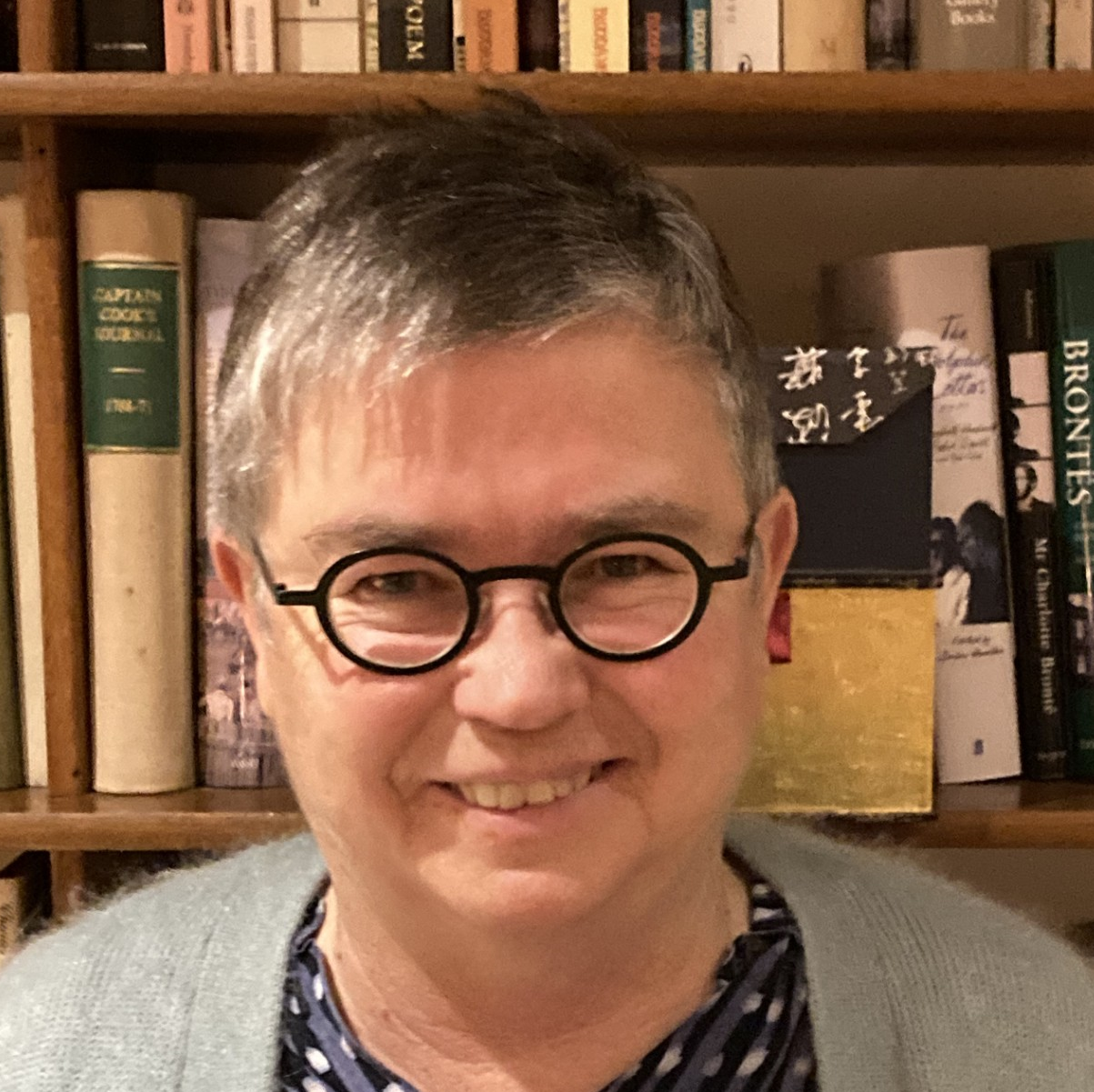
Professor Emerita Gillian Russell
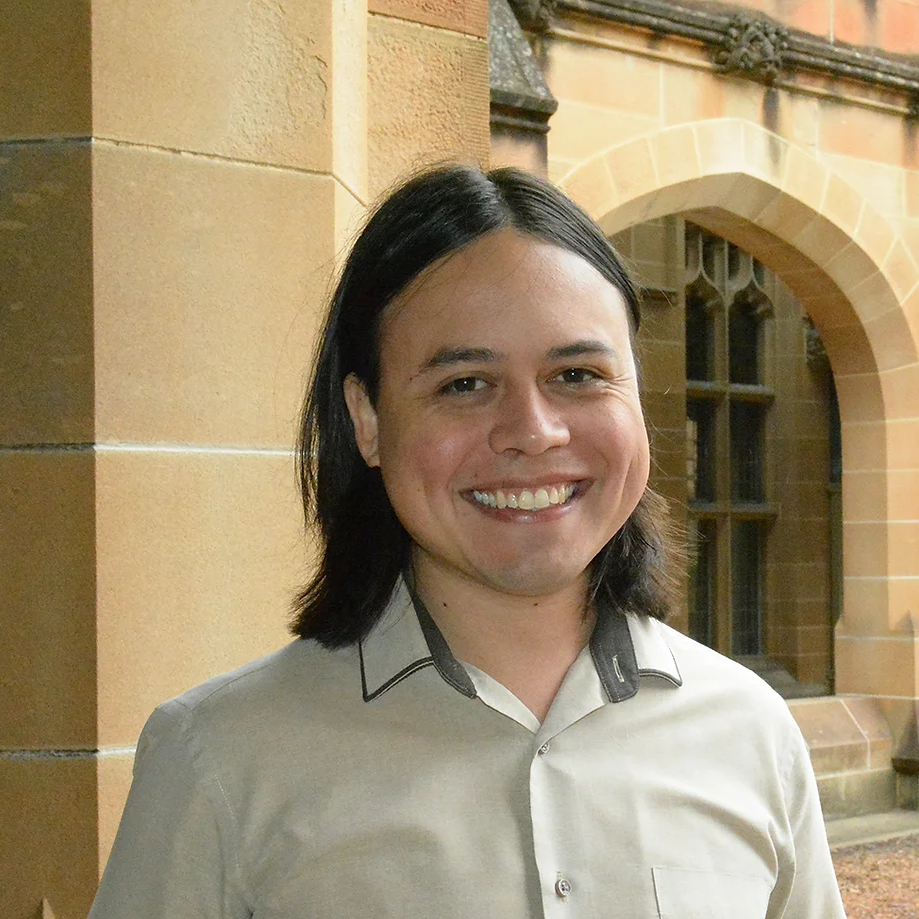
Dr Wayan Jarrah Sastrawan
Wayan Jarrah Sastrawan is a historian specialising in the premodern history of Indonesia at the Australian National University. He is Lecturer and Convenor of the Indonesian language program in the School of Culture, History and Languages, and Director of the Indonesia Institute in the College of Asia and the Pacific at the ANU. He obtained his PhD from the University of Sydney in 2021. Jarrah’s active research projects focus on historical practices in precolonial Southeast Asia, historical temporalities in the early modern world, digital approaches to traditional Indonesian and Malay manuscripts, the epigraphical cultures of Indonesia, the processes of early state development in Indonesia, and religious transformations in early modern Southeast Asia. He is especially interested in using indigenous Southeast Asian sources to rethink how history is practised. Jarrah has written widely on Indonesian history in leading history and area studies journals, including History and Theory, Journal of Global History, Bijdragen tot de Taal-, Land- en Volkenkunde and Indonesia. His book The Precarious Past in Premodern Java (2026) is published by University of California Press. He has written on his research for online venues such as New Mandala, The Conversation, Inside Indonesia, as well as blogs of the British Library and Malay Heritage Centre. He has given public talks, seminars, and national radio interviews on his research, and has an active outreach program on traditional and social media. More information about his work can be found on his website. He has previously held positions at the École française d’Extrême-Orient (Paris) and at the University of Sydney.

Dr David Romney Smith
David Romney Smith is a cultural historian of the Middle Ages whose research centres on mobility, communication, art, and violence in the Medieval Mediterranean, especially in Italy c.850-1100, with a particular interest in how quotidian travellers like merchants and pilgrims crossed borders and contributed to cultural exchange. A Research Fellow at the School of History in the Research School of Social Sciences, he teaches the capstone class for history majors and lectures on various medieval and early-modern subjects. He has published in Past & Present, the Journal of Medieval Studies, and Al-Masaq, most recently in 2024 on “Shadow Diplomacy: Pisa, Denia, and a Lost Christian-Muslim Alliance in the Eleventh Century Mediterranean.” He is finishing up a project on Amalfi, Pisa and western Italy before the crusades. His current projects include a study of the realities of travel in the (so-called) Dark Age Mediterranean, and a look at the practical side of piracy and sea raiding in the early Medieval Mediterranean.
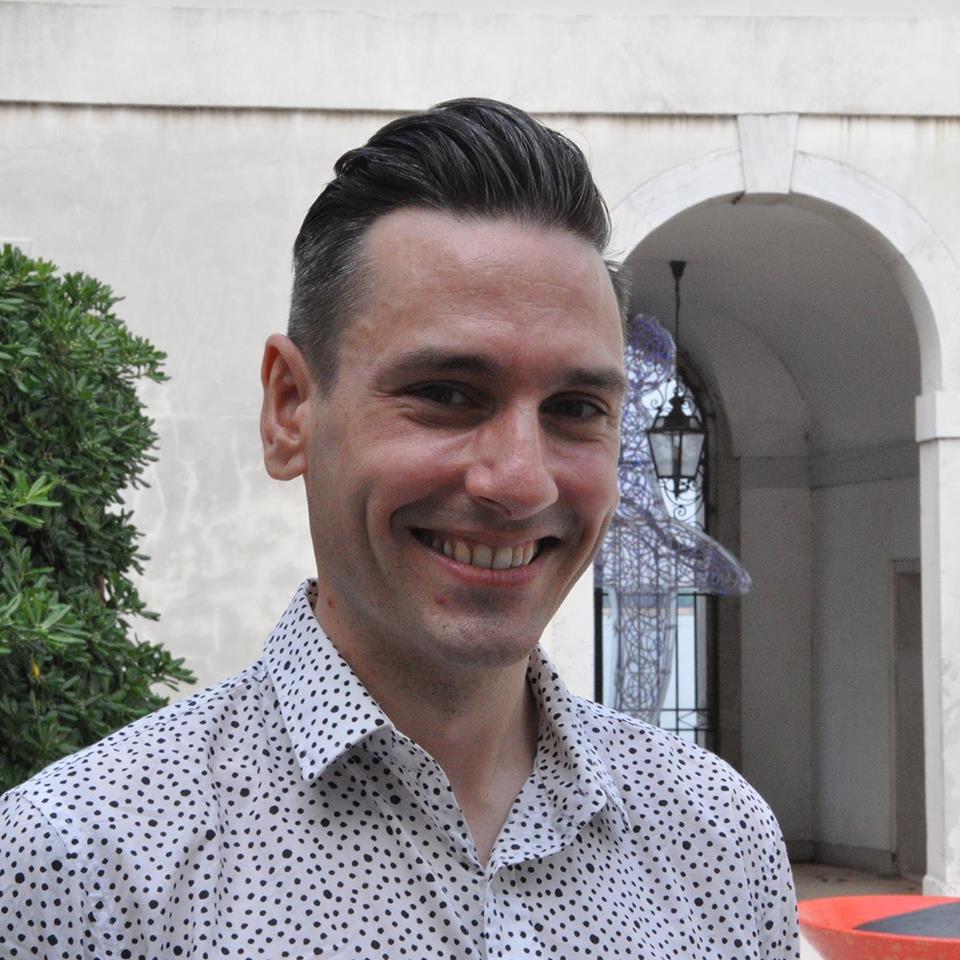
Associate Professor Robert Wellington
Robert Wellington is Director of the Centre for Art History and Art Theory at ANU. He is an art historian with a special interest in the role of material culture in history making and cross-cultural exchange. Prior to receiving a PhD in Art History from the University of Sydney, he had ten years experience in various roles in the contemporary arts sector. He is a member of the advisory panel to the Bloomsbury Academic book series, “The Material Culture of Art and Design.” His monograph, Antiquarianism and the visual histories of Louis XIV: Artifacts for a future past, was published by Ashgate in 2015, and is held in public and university libraries across the world. Robert is also engaged with digital methods for art historical research, and is lead CI on the ARC Discovery Project Performing Transdisciplinarity, a digital transdisciplinary study of an eighteenth century songbook in collaboration with colleagues from ANU, The University of Sydney, Oxford University, and Sorbonne University.
